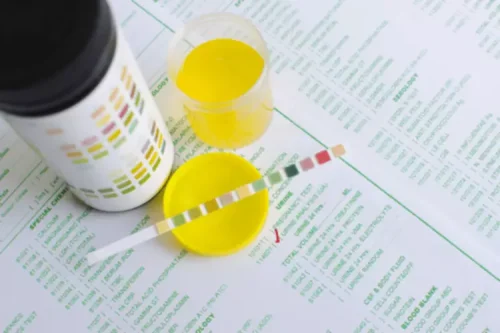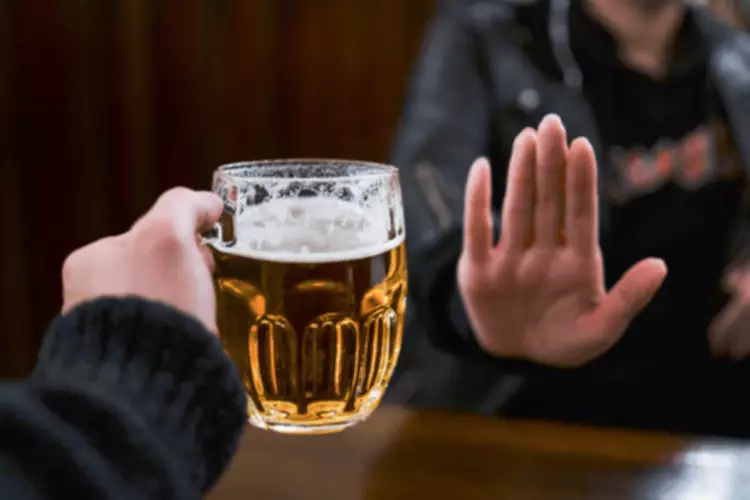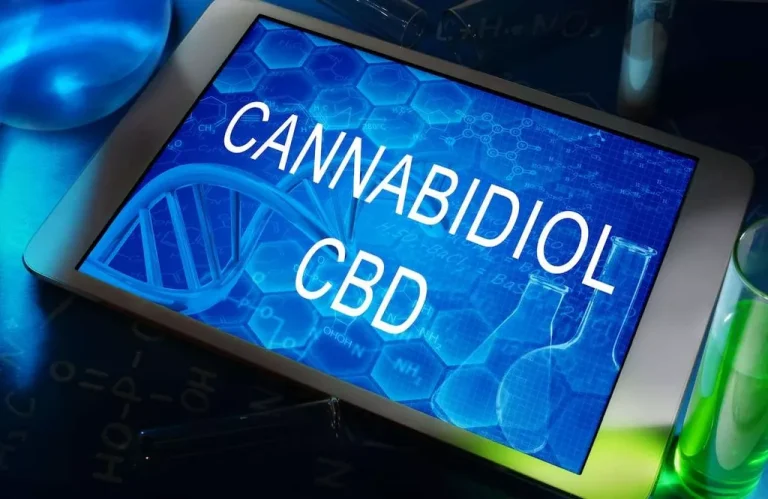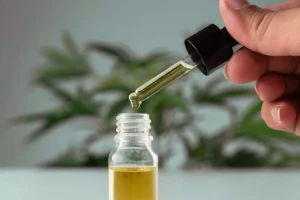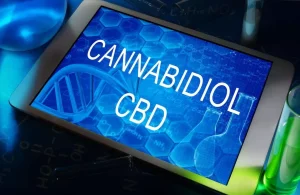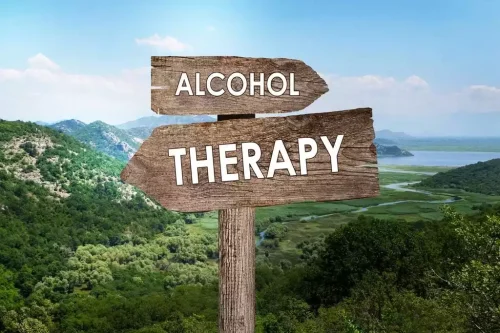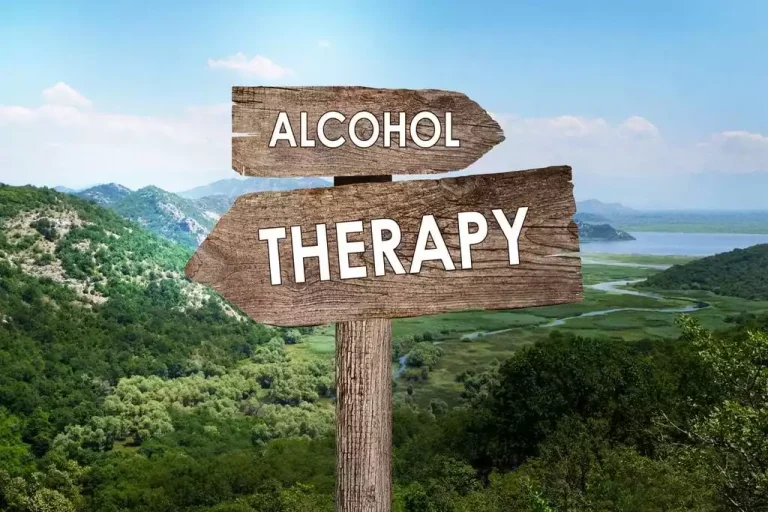This would suggest potential stigmatization regarding the dangerousness of ketamine in psychiatry. Similarly, safety measures in place were reported more often than felt “necessary,” suggesting that respondents have these measures in place only to satisfy regulatory bodies rather than reflective of medical risk. This variability speaks to the concept that due to ketamine’s anesthetic action, its safety profile is variable based on dosing and route. It is most likely that the sub-anesthetic, non-parenteral doses do not require the same safety measures in place as necessary in ketamine anesthesia.
Alcohol addiction treatment
You can learn more about the potential addictive side effects of ketamine on our website. This survey provided the perspective of 45 different providers with more than 1000 patient ketamine addiction encounters over two countries. This survey did not tease out differences in modality and dose per indication but looked at data as a gestalt. While interpretation is limited, information gained regarding doses that clinicians find beneficial and safe in their practices can help with selecting doses for future RCTs and other studies on ketamine for psychiatric indications.
EFL preview: ‘Titanic’ title tussle & drop six-pointer
To support long-term sobriety, 12 months of free aftercare is available after completing residential treatment. Recognising the difference between ketamine abuse, dependence, and addiction can help you to identify a potential problem and take the appropriate next step. Mark S. Gold, M.D., is a pioneering researcher, professor, and chairman of psychiatry at Yale, the University of Florida, and Washington University in St Louis. His theories have changed the field, stimulated additional research, and led to new understanding and treatments for opioid use disorders, cocaine use disorders, overeating, smoking, and depression. Linda Cottler, Ph.D., and her fellow researchers at the University of Florida have shown that KUD can be reliably diagnosed. Their research highlights compulsive ketamine use, marked by tolerance, withdrawal, and persistent desire to cut down despite adverse consequences.

What Ketamine does to you depends on whether you use Ketamine on its own or with alcohol or other depressant drugs. Ketamine is often swallowed, snorted, shafted (inserted anally) or injected intramuscularly. You can also contact your GP who can provide advice and guidance on treatment options and, if necessary, refer you to an NHS addiction treatment service. If you or someone you know is struggling with ketamine use, it’s important to remember that recovery is possible. Seeking help is the first step, and there are many support options available. Addiction is a chronic condition characterised by ketamine use becoming compulsive and difficult to control, even when it causes harm to your health, relationships or daily responsibilities.
Side Effects of Ketamine Abuse
Ketamine treatment might also make behavioral therapy more effective, which is a big part of overcoming addiction. Ketamine (often nicknamed ‘special k’) is a dissociative drug, first synthesised in the 1960s as an anaesthetic. While ketamine can be highly beneficial in hospitals for patients experiencing severe pain, it has also found its way into the black market, now used recreationally for its hallucinogenic effects. If you’re addicted to ketamine, you can get help at a ketamine rehab center. There, you can receive treatment for ketamine addiction in a safe environment that’s far from temptation.
Musk hasn’t publicly acknowledged the risks of ketamine, despite having once claimed that SSRIs, the drugs commonly used to treat depression, “zombify” patients. Dylan Beynon, the founder of the ketamine telemedicine company Mindbloom, recently wrote on X, “Ketamine is not physically addictive. In the United Kingdom, where health data are more centralized, more than 2,000 people sought treatment for ketamine addiction in 2023. More to the point, ketamine’s most dramatic risks depend on simply how much ketamine a person takes, and for how long. Although ketamine has a long history of safety when used in clinically-appropriate doses and settings, it is possible to develop a dependence. Risk of dependence is minimized with proper patient screening, and when the medicine is used as part of a structured therapeutic program with appropriate monitoring.
- «Compared to opioids, we know that ketamine does have a lower potential in being addictive, but it can and does cause dependence,» stresses Carney.
- It has also been implicated for the treatment of psychotic symptoms in schizophrenia, treatment of depression, and treatment of addiction—although ketamine itself is a commonly misused drug.
- Where possible, the support of friends and family is also fundamental when recovering from ketamine addiction.
- For ketamine to be helpful in addiction treatment, it must be used under the close care of medical professionals.
- Commonly used in veterinary medicine, this drug has become common on the party scene among those seeking the detached high it provides.
- «What we have seen, probably within the last 12 months, is the upturn in the use, particularly around children,» says Insp Matt Plummer of Lancashire Police.
‘Drag Race’ family mourns the Vivienne, a U.K. star who died at 32: ‘A true champion’
Thirteen respondents commented that their patients self-administer the ketamine at home, and Box 2 provides narrative comments about home use, provided by 3 respondents. Table 3 reports distribution of prescribing locations by route of administration. A total of 20 respondents also used ketamine for non-psychiatric purposes including anesthesia (9), pain control (19), pruritus control (1), and complex regional pain syndrome (CRPS) (1).
Is it dangerous to use ketamine?
- He currently leads Nue.Life Medical Group in providing home-based ketamine treatment.
- Pain tells us when we’re injured or doing something that is likely to lead to injury.
- Dr. Mandel has more than 40 years of experience utilizing ketamine as a board-certified anesthesiologist.
- Lexi, who lives on a neat, well-cared-for street in Burnley, loved sport and dancing.
However, the relief that comes from this substance is very short-lived, which can often propel users to take more ketamine in shorter intervals. Dosing can be challenging to gauge, and a person could be using the wrong drug altogether, leading to a dangerous overdose. Ketamine also causes long-term damage to the bladder and urinary tract that can result in a condition known as ketamine bladder syndrome. Ketamine bladder syndrome may also cause blood in the urine and ulcers in the bladder.
Effects of ketamine
It also lasts a short duration of approximately 30 to 60 minutes and so it doesn’t take hours to wear off like some other sedatives. «It’s believed to be caused by small molecules of ketamine in the urine inflaming and irritating the bladder wall, leading to bladder shrinkage, thickened walls and sometimes kidney issues too,» says Carney. «The amount of mums that have said to me, ‘It’s everywhere’,» says Fr Alex Frost from St Matthews Church in the town. One Saturday afternoon in September 2023, the hottest day of the year, a 16-year-old called Preston McNally took ketamine with three friends in Burnley.

For this reason, it is important to carefully monitor your ketamine use to determine whether your habit has escalated to a full-blown addiction. If any of the statements below apply to you, it might be time to start rethinking your ketamine use. Ketamine’s popularity comes with its ability to put users into a trance-like state, changing the way their environment looks and altering their mood. While hallucinogenic drugs like LSD can induce highs that last for several hours, a ketamine high is relatively short, with its effects only persisting for around thirty minutes to an hour. While it might at first seem that ketamine is a safer alternative to other substances, those who frequently abuse the drug can begin to develop a tolerance, needing more of it to achieve that same initial feeling. Ketamine’s dissociative effects are so powerful that it is commonly referred to as a “date rape drug.” When ingested, ketamine can cause users to hallucinate (experience visual and auditory disturbances).





